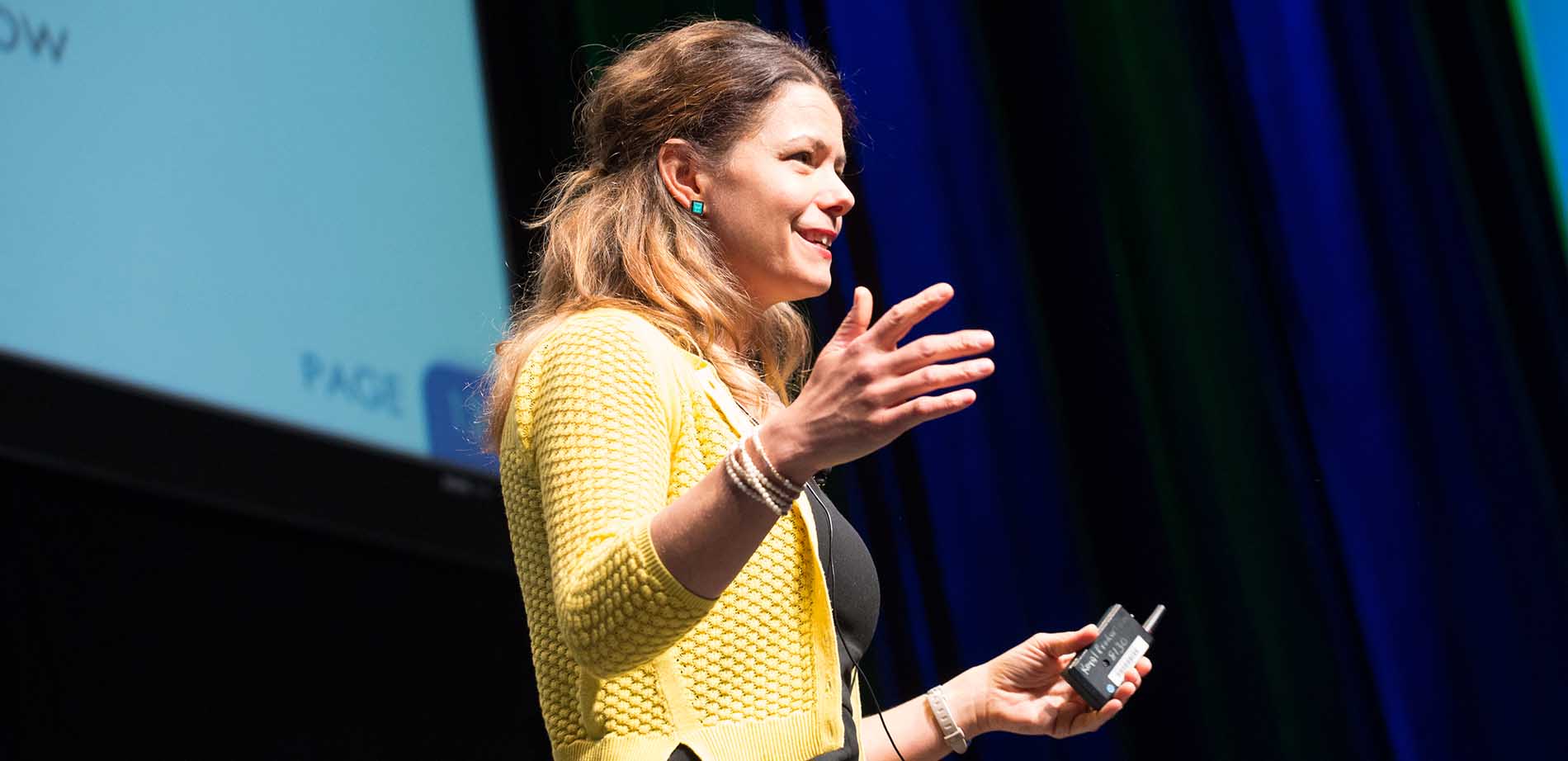
A version of this article was originally published in Fast Company.
My friend, Nancy McSharry Jensen, co-founder of the Swing Shift, a company that helps women re-enter the workplace after career and life breaks, recently had me on her podcast to talk about a topic of my choice. “Choose a topic that you feel holds women back,” she said, “and let’s talk about that.”
I probably could have chosen an easy topic. But no, I dug deep, bared my soul, and choose jealousy. The tendency to compare ourselves—oftentimes harshly—against others.
We’ve all felt it. That twinge, that pit in the bottom of your stomach. That feeling that someone has something –a professional accomplishment, health, money, body, beauty, family, talent, or something else—that you desperately want.
If you’ve ever felt jealous, you’re certainly not alone. Research shows that 90% of women admit having been envious of someone else’s perceived successes. In fact, 60% say they feel that way about their sister or best friend! Some even claim that jealousy, in women, is biological. However, jealousy isn’t just limited to women—everyone feels jealous.
Jealousy is generally considered a negative emotion. Talking about jealous feelings can feel shameful. Jealousy is often associated with helplessness and powerlessness. And social media certainly isn’t helping us feel less jealous.
However, the real reason we don’t talk about jealousy is this (hard truth alert!): Understanding our jealousy requires us to identify and become deeply connected with our own core values and strengths. Said differently, we push our feelings of jealousy deep down, because the real work—connecting with ourselves—is hard. Maybe it’s easier to make friends with jealousy!
However, jealousy holds us back. It closes doors, when we need every single door to be open.
Just after leaving my 10-year career at Amazon to stay home and care for my kids (a seven-year-old and five-year-old twins at the time), I met Lauren, another mother, on the school playground. Lauren had also recently left a high-powered career in tech and re-located to Seattle from the Bay area. She was beautiful and sexy. Her children were perfect. She was witty and smart, and everyone always seemed to want to talk to her.
Most importantly, Lauren seemed completely secure in her decision to leave the workforce.
I, on the other hand, was in an insecure phase of my life. I was struggling from a loss of identity that was previously associated with my job and paycheck. I was enjoying my family, but I was crumbling under the pressure of staying home with three kids. My twins were still home all day, and I felt tired, out-of-shape, and harried.
I couldn’t put my finger on what, specifically, I was jealous of. But I knew I wanted to be more like Lauren. So, I did what any normal woman would do.
I completely avoided her.
I didn’t dislike her. She was a lovely woman. I just didn’t like how I felt when I was around her. So, I closed the door on her.
Apparently, this behavior is common. When faced with jealousy, we often avoid our deepest desires and fears. We cut ourselves off from opportunity and action, and instead engage in a vicious negative self-talk cycle:
- Jealousy and shame. (Shame on me for feeling jealous.)
- Negative self-talk. (Why can’t I be more confident and put together?)
- Low confidence and overwhelm. (I’ll never be good enough.)
- Fear and paralysis. (I can’t.)
When Lauren and I finally did connect at school event months later, we fell deep into conversation and discovered we had loads in common both professionally and personally. I finally got the courage to ask her how she felt about her decision to leave the workforce. Tossing her lovely and smooth carmel-colored hair back, and with a mischievous gleam in her eye, she confided, “I check the job postings every day and question my decision to leave my career.” She too, felt uncertain sometimes.
I was angry with myself for avoiding her. I had missed an opportunity to not only have a rich friendship, but also benefit professionally from an important person in the industry.
We are quick to feel jealous, and jealousy is certainly normal. However, instead of feeling shame and repressing our feelings of envy, we could instead ask ourselves the hard questions. Is this something that I deeply desire, and is consistent with my values and strengths? Is it possible for me to work for this, and achieve it?
If not—if you’re comparing yourself against a marathon runner, and you don’t like to run, or your home to an interior designer, yet you could care less about interior design, then you must let it go. If you do care deeply about it, and you are willing to work for it, that’s another story. Set your jealousy aside and ask questions so you can make a personalized plan.
I realize this doesn’t apply exactly to every situation. Maybe you envy the friend with a house full of kids, or the friend who lives alone. Or maybe you envy someone with better health, or fewer responsibilities. However, there may be a way to get one step closer to what’s driving your envy.
Here are five steps to making jealousy work for you:
- Know and be grateful for you. Get intimate with your core values, strengths, and gifts. This is the hard part. Make lists, use an online tool, or take a workshop. Find ways to experience gratitude for you and what you bring to the table.
- Examine your feelings. Examine your feelings of jealousy. Is this something I care deeply about? Is it something I could work for or get closer to?
- Focus on your own journey. You are never behind on your own path.
- Be curious. If what someone else has is something care deeply about, and you’re willing to work for it, ask questions to learn about their journey.
- Make or revisit your plan for your own personal journey.
Lastly, keep in mind (especially if your jealousy is the spawn of social media) that behind the scenes, it’s not all pretty pictures. As Steve Furtick famously said, “The reason we struggle with insecurity is because we compare our behind-the-scenes with everyone else’s highlight reel.”
